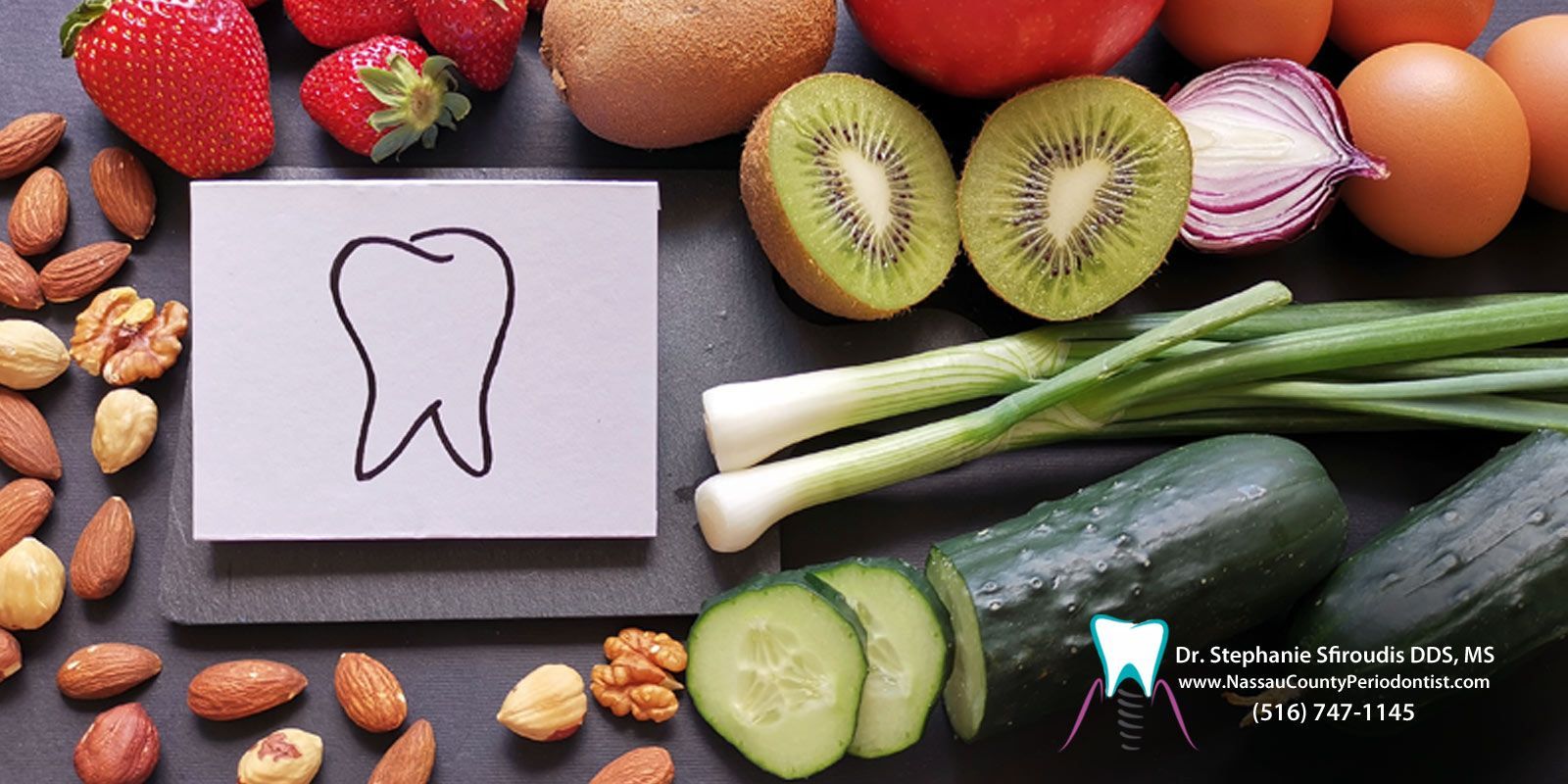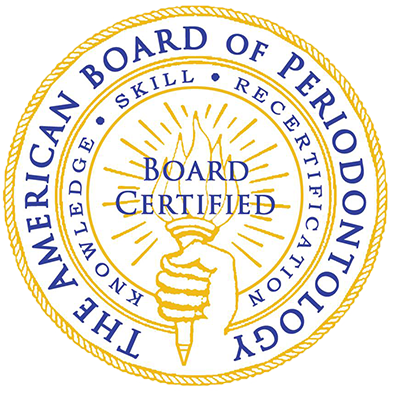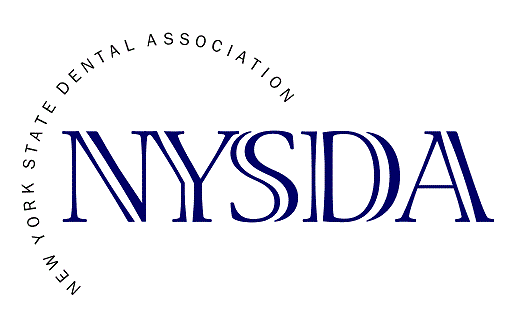How Vitamins Contribute to Positive Dental Health
When people hear, or talk, about vitamins, rarely does the subject of dental health come up too.

Vitamins are essential for the human body to function properly. They play a major role in various body processes such as digestion, energy production, bone health, and the immune system. In terms of oral health, vitamins can help to strengthen teeth and gums, fight against harmful bacteria, and prevent dental diseases.
Vitamin A
Vitamin A is crucial for maintaining healthy mucous membranes. Mucous membranes are the protective lining that covers the mouth, gums, and throat. This vitamin is essential for developing strong tooth enamel and preventing tooth decay. It also helps to maintain healthy salivary glands, which in turn contributes to good oral hygiene.
Vitamin B
There are several types of vitamin B, including vitamin B2 (riboflavin), vitamin B3 (niacin), and vitamin B12. These vitamins play a critical role in maintaining healthy oral tissues and preventing a condition known as oral thrush. Vitamin B deficiency can cause inflamed gums, mouth sores, and overall poor dental health.
Vitamin C
Vitamin C, also known as ascorbic acid, is essential for overall gum health. It helps to strengthen blood vessels and promotes the healing of damaged gum tissues. Vitamin C deficiency can cause bleeding gums, which can lead to
periodontitis (gum disease). Incorporating foods rich in vitamin C in your diet can help prevent gum diseases.
Vitamin D
Vitamin D plays a role in calcium absorption and bone health. The vitamin helps your body absorb and use calcium in the teeth, making them stronger and less susceptible to decay. It also helps prevent periodontal diseases and tooth loss. Fish, eggs, and fortified milk are excellent sources of vitamin D.
Vitamin E
Vitamin E is an antioxidant that helps to prevent damage to the oral tissues. It also helps to improve blood circulation, which is important for maintaining healthy gums. Incorporating foods such as nuts, seeds, and spinach in your diet can help maintain healthy dental health.
Vitamin K
Vitamin K helps to promote blood clotting and prevent excessive bleeding. It also plays a role in bone health and helps to deposit calcium in the teeth, making them stronger. Food sources rich in vitamin K include dark leafy greens, broccoli, and soybeans.
Multivitamins and Dental Health
If you are having difficulty incorporating these vitamins into your diet, taking a multivitamin can be a helpful alternative. However, it is essential to speak to your doctor or dentist before starting to take any supplements.
While vitamins can be helpful in maintaining oral health, it is important to remember that a diet rich in whole foods is the best way to ensure that you receive the necessary vitamins and minerals. Eating a balanced diet that includes fruits, vegetables, lean protein, and whole grains can help to keep your teeth and gums healthy.
In conclusion, it is clear that each vitamin plays a critical role in ensuring that oral health is maintained. Vitamin A plays a role in preventing tooth decay and maintaining healthy salivary glands. Vitamin B contributes to healthy oral tissues. Vitamin C is crucial for gum health. Vitamin D helps in calcium absorption and bone health. Vitamin E is an antioxidant that protects oral tissues, and Vitamin K helps blood clotting and contributes to bone health.
A balanced diet rich in whole foods and nutrients can assist in maintaining strong teeth and healthy gums. However, people experiencing difficulties with their dental health should always consider contacting a dentist. A dentist can recommend treatments and prescribe specific vitamins where necessary, based on your individual needs.




















